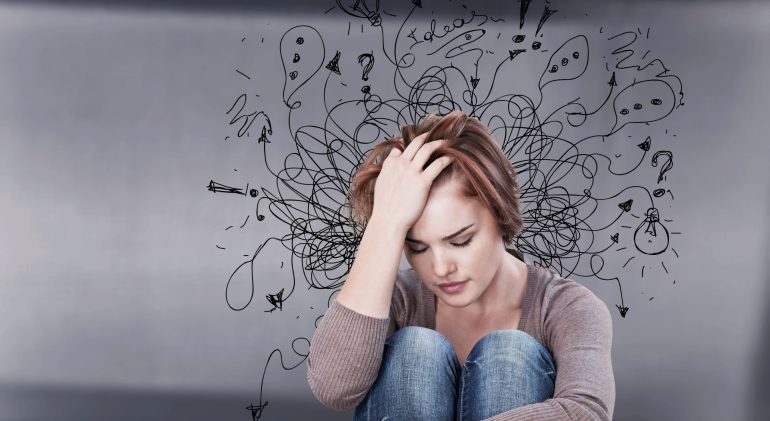
Depression and Anxiety pills
Finding BalanceUsing
Medicine to Manage Depression and Anxiety. Mental health problems like sadness and anxiety are more common than ever in today’s fast-paced and demanding world. It is crucial to look for appropriate treatment alternatives because these disorders can greatly affect a person’s health and quality of life. While counseling and a change in lifestyle are essential parts of managing many problems, medication can also be very helpful. The purpose of this blog post is to provide a thorough understanding of medicine as a helpful tool on the road to better mental health. We will examine the use of depression and anxiety pills, casting light on their advantages, considerations, and potential adverse effects.
Learning About Depression and Anxiety
There may develop complex mental health conditions including anxiety and depression.
Medication’s Function in the Treatment of Depression and Anxiety
In recent years, there has been a lot of emphasis paid to mental health, and for good reason. Mental health issues like depression and anxiety can significantly affect someone’s overall quality of life. Medication can be a crucial part of treatment, even while therapy, lifestyle changes, and support networks are critical for treating many diseases. We will discuss the usage of antidepressants and anxiety medications in this blog article, as well as its advantages, drawbacks, and potential contributions to a multifacet approach to mental health care.
Understanding Depression and Anxiety:
Regardless of age, gender, or background, depression and anxiety are complicated mental health problems that can affect anyone. Chronic sorrow, loss of interest or pleasure, changes in eating or sleep patterns, and a general lack of energy are all signs of depression. On the other hand, anxiety is characterised by excessive concern, agitation, difficulty focusing, and physical signs like a rapid heartbeat or shortness of breath.
The Function of Medication:
A trained healthcare provider may prescribe medication to treat depression and anxiety, usually in conjunction with therapy or counselling. The goal of medication is to reduce symptoms and improve a person’s capacity for everyday functioning. Despite not offering a long-term solution, medicines can successfully treat symptoms. Different forms of medication, such as benzodiazepines, atypical antidepressants, selective serotonin reuptake inhibitors (SSRIs), and serotonin-norepinephrine reuptake inhibitors (SNRIs), are frequently used to treat depression and anxiety. Each type of medication targets distinctive neurotransmitters in the brain that play a role in controlling mood and anxiety in a different way.
Medication Advantages:
Symptom Relief:
Medication can significantly lessen the distressing signs of anxiety and depression, enabling people to achieve emotional stability and enhance their general well-being.
Enhanced Therapy Effectiveness:
Taking medication frequently makes therapy or counselling sessions more successful. People may find it simpler to enter therapy and work through underlying issues if their symptoms are less severe.
recurrence Prevention:
For people who experience recurrent periods of depression or anxiety, medication can help by keeping moods stable and lowering the risk of recurrence. Medication can help people operate better in their personal and professional life by addressing symptoms like fatigue, difficulty concentrating, and sleep disruptions. Considerations and Safety Measures Despite the fact that medication can be quite helpful, it is crucial to use it responsibly and under a doctor’s supervision:
Individual Variations:
Not every patient responds to drugs in the same way. It may take some trial and error to find the proper drug and dosage. So it’s crucial to be upfront with your healthcare provider. Depression and anxiety medications may cause negative effects, just like any other type of medication. It’s important to be aware of potential dangers and go over them with your healthcare physician because they can range from moderate to severe. Monitoring and Compliance To guarantee the effectiveness of the medicine and address any issues or adjustments require. It is crucial to take the prescription as direct and attend routine follow-up consultations.
In addition to therapy, dietary changes, and social support. Antidepressants and antianxiety medications can be quite helpful in treating these mental health issues. Medication can improve the effectiveness of therapy and general functioning while also bringing about much-needed symptom relief. In conjunction with a dependable healthcare provider. It’s crucial to approach medication with a complete awareness of its advantages, factors to take into account, and probable adverse effects. Individuals can obtain the help they need to manage their disorders and lead fulfilled lives with a comprehion


